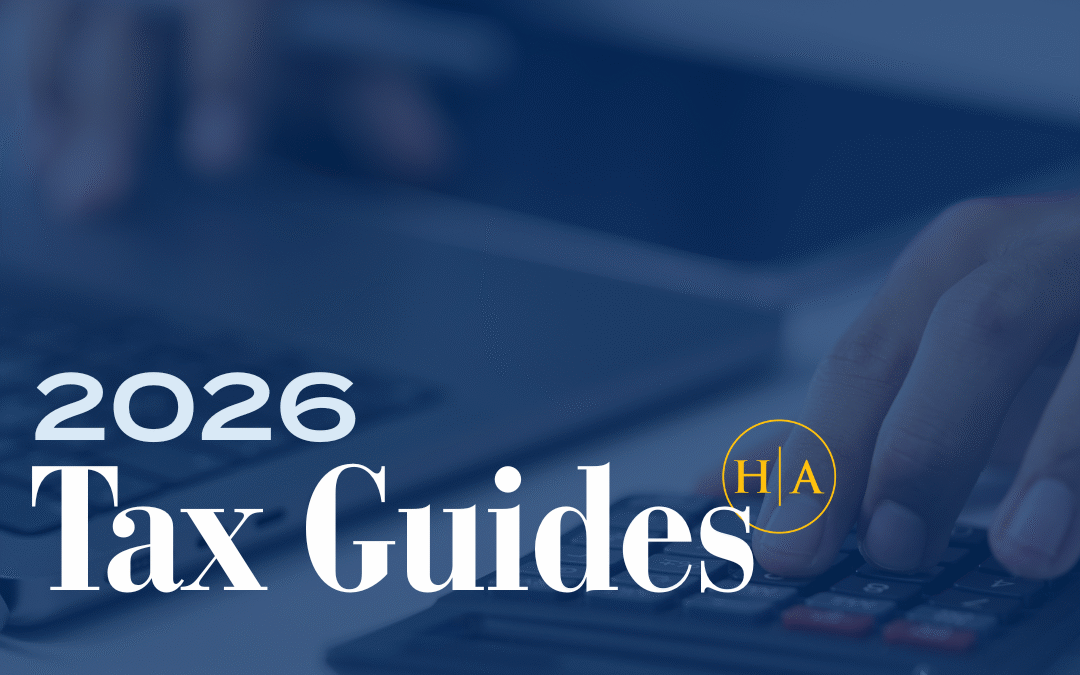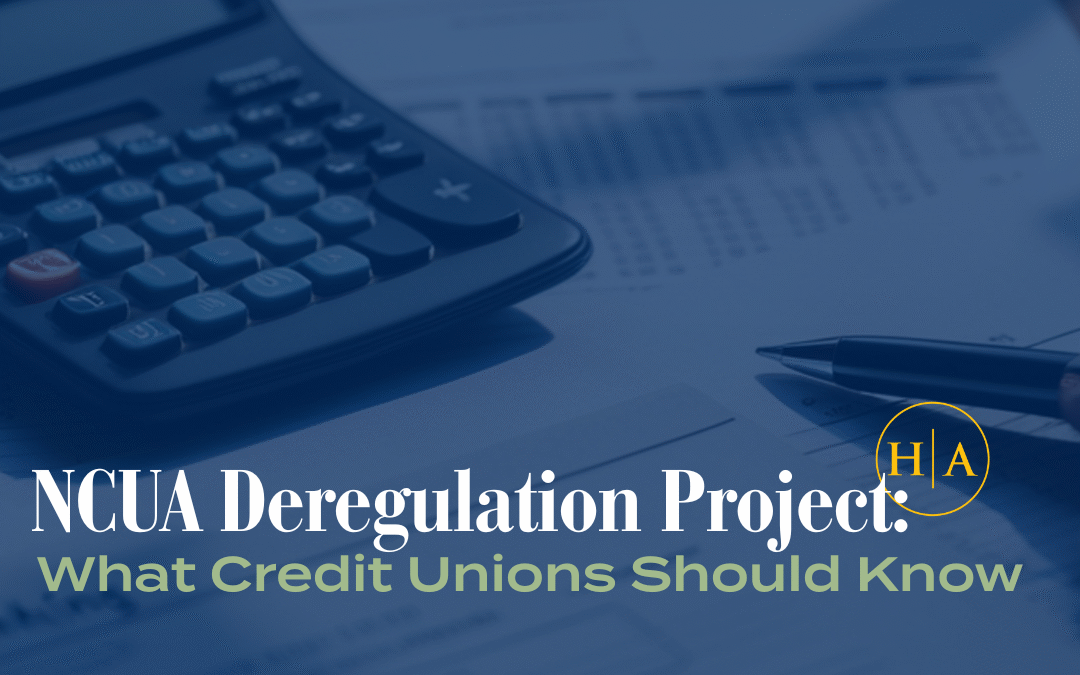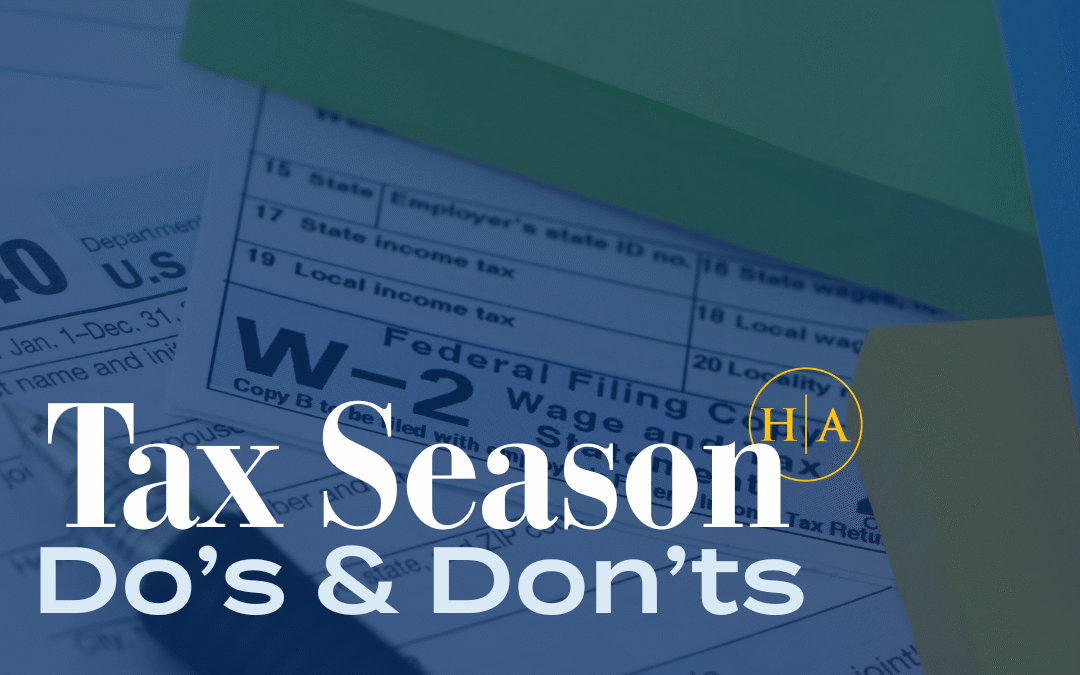The SECURE 2.0 Act of 2022 was signed into law on December 29, 2022. As part of this act, there were many optional and required changes to defined contribution and defined benefit plans. One of the mandatory changes for 401(k) and 403(b) plans that will be effective for plan years beginning in 2025, is eligibility requirements for plan participation for long-term, part-time workers will be expanded.
Components of the Provision
Under the original SECURE Act that was signed into law on December 20, 2019, there was a provision regarding long-term, part-time employees with respect to eligibility in a 401(k) plan. A long-term, part-time employee was defined as an employee who worked three consecutive years with 500 or more hours worked each year. This provision went into effect for plan years beginning January 1, 2021, or later. With this provision, vesting service for any long-term, part-time employee before 2021 was disregarded. This meant that the earliest 401(k) plans would have to allow long-term, part-time employees to participate in the plan was January 1, 2024.
For 401(k) plans, SECURE 2.0 Act reduced the service period requirement to two plan years from three and service prior to 2025 is included as part of the vesting requirement. So, if a long-term, part-time employee was hired in 2023 and met the service requirements in 2023 and 2024, they would have to be allowed to participate in the 401(k) plan effective January 1, 2025. If the employee met the service requirement in either 2023 or 2024, but not both, then whenever they meet the requirement in 2025, they will be allowed to participate in the 401(k) plan.
A few exceptions to this rule are that this does not override a minimum age requirement or if the plan excludes employees that are covered by a collective bargaining agreement. This provision only expands the eligibility for long-term, part-time employees. An employer still maintains their ability to determine if they want to offer any employer contributions to those employees or include them in certain nondiscrimination tests.
Beginning in 2025, under the SECURE 2.0 Act for ERISA 403(b), the same two-year eligibility and vesting requirements as for 401(k) plans will apply. This is a new requirement for 403(b) plans compared to 401(k) plans since there was nothing in effect for 403(b) plans prior to 2025. Due to having the same two-year eligibility as the 401(k) plans, the lookback period for 403(b) plans will be for 2023 and 2024 for any employee that may become eligible in 2025 if they met the service requirements.
Effects on the Plan
For certain plans that already have short service requirements or allow immediate eligibility, regardless of the employee position, there may be minimal to no effect at all. For other plans, there may be a considerable amount of tracking that needs to be done to make sure that when an employee meets the service requirements to become eligible, they are allowed to participate in the plan. To avoid this potential burden, plans could consider amending their minimum service requirements to allow more employees to participate initially.





